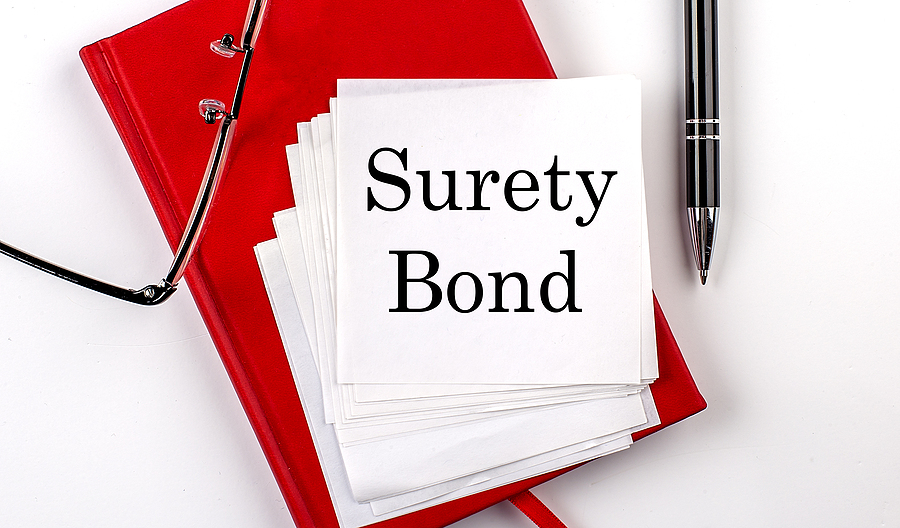Are you looking for a way to secure your release from jail in Indiana? One of the most common options is to post either cash or surety bonds. While both are viable choices, it’s important that you understand the difference between them and how they impact your financial situation. In this blog post, we will explore the differences between cash and surety bonds in Indiana so that you can make an informed decision about which type of bond is right for you.

Cash Bonds Versus Surety Bonds
Cash Bonds
Cash bonds are the most common type of bond used in Indiana. They are usually desired by the court because they guarantee that the defendant will appear for all required court proceedings. Cash bonds must be paid in full and cannot be borrowed from a bail agency or other third party. The court will hold onto this money until all legal matters have been resolved, at which point it will either be refunded to the person who posted it or distributed to other parties as part of a settlement agreement.
Key Points of Using a Cash Bond:
a) A cash bond is a type of bail that allows a defendant to be released from jail until their court date.
b) A cash bond is typically set by a judge at the defendant’s initial court appearance.
c) The amount of the bond is based on the severity of the crime, the defendant’s criminal history, and whether they are considered a flight risk.
d) A cash bond allows the defendant to be released from jail without having to pay the full amount of bail.
e) A cash bond may be posted by the defendant or by a bail bondsman.
f) If the defendant fails to appear for their court date, they will forfeit the entire amount of the bond.
Surety Bonds
In contrast, surety bonds involve a third-party guarantor such as an Indiana bail bond company. These agencies typically charge nonrefundable fees for their services while guaranteeing payment of the bond amount if needed. In return, they require collateral from the defendant or a co-signer, such as property deeds and other forms of personal assets. Typically, the court will hold onto these assets until all legal matters have been resolved.
Top 5 Benefits of Surety Bail Bonds:
1. A surety bond is a financial guarantee that is provided by a third party to the court on behalf of the defendant.
2. The purpose of the bond is to ensure that the defendant will appear for all scheduled court appearances.
3. If the defendant fails to appear in court, the surety company that issued the bond will be required to pay the full amount of the bond to the court.
4. Surety bonds are typically used in criminal cases, but they can also be used in civil cases.
5. There are a number of benefits of using a surety bond to get out of jail, including:
✏ The defendant does not have to pay the full amount of the bond upfront.
✏ The defendant can be released from jail while awaiting trial.
✏ The surety company that issues the bond will typically provide some level of supervision for the defendant.
✏ If the defendant fails to appear in court, the surety company will be responsible for paying the full amount of the bond to the court.
You Cannot Go Wrong With a Bond That Gets You Out of Jail
In summary, cash and surety bonds are both viable options for securing your release from jail in Indiana. However, it’s important to understand that each type of bond carries its own unique financial implications. Cash bonds must be paid in full up front and are often refunded at the end of proceedings if all conditions have been met. Surety bonds involve a third-party guarantor who charges fees while providing collateral in return—typically, this collateral will remain with the court until all legal requirements have been satisfied. Ultimately, it’s important to weigh the pros and cons of each type of bond to determine which is right for your specific situation.
We hope this blog post has helped you understand the differences between cash and surety bonds in Indiana. If you have any further questions, don’t hesitate to reach out to Woods Bail Bonds at 317-876-9600 for trusted 24 hour bail bond services in Indianapolis, Indiana. We serve over 30 counties throughout the state. Request a free estimate or information, anytime.
Related Posts:
What is the Difference Between Surety VS Cash Bonds?
Explaining the Process of Posting a Bond for Someone Else
Understanding the Laws Surrounding Bail Bonds in Indiana


